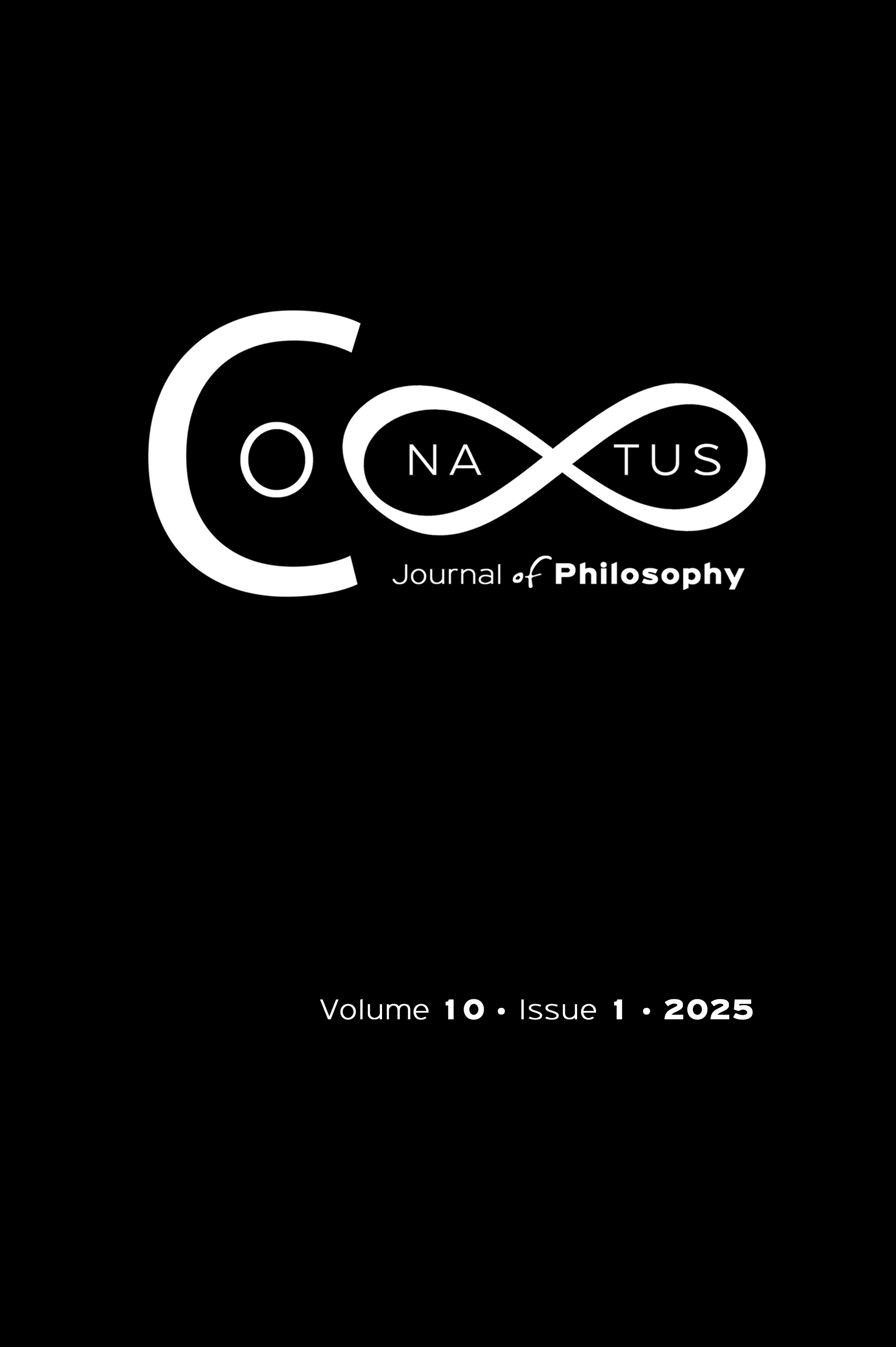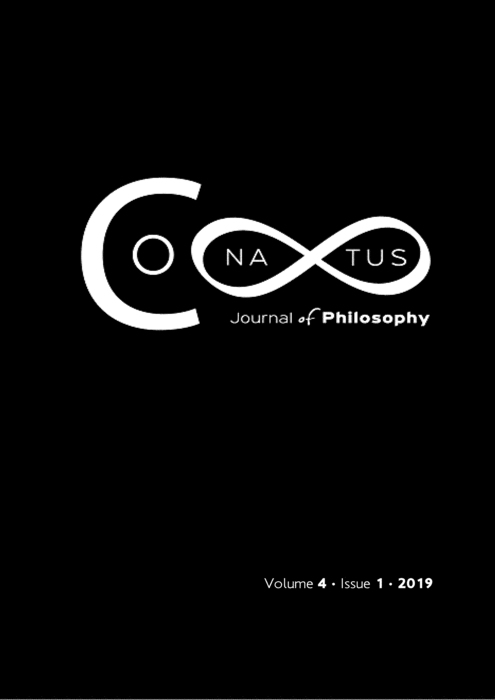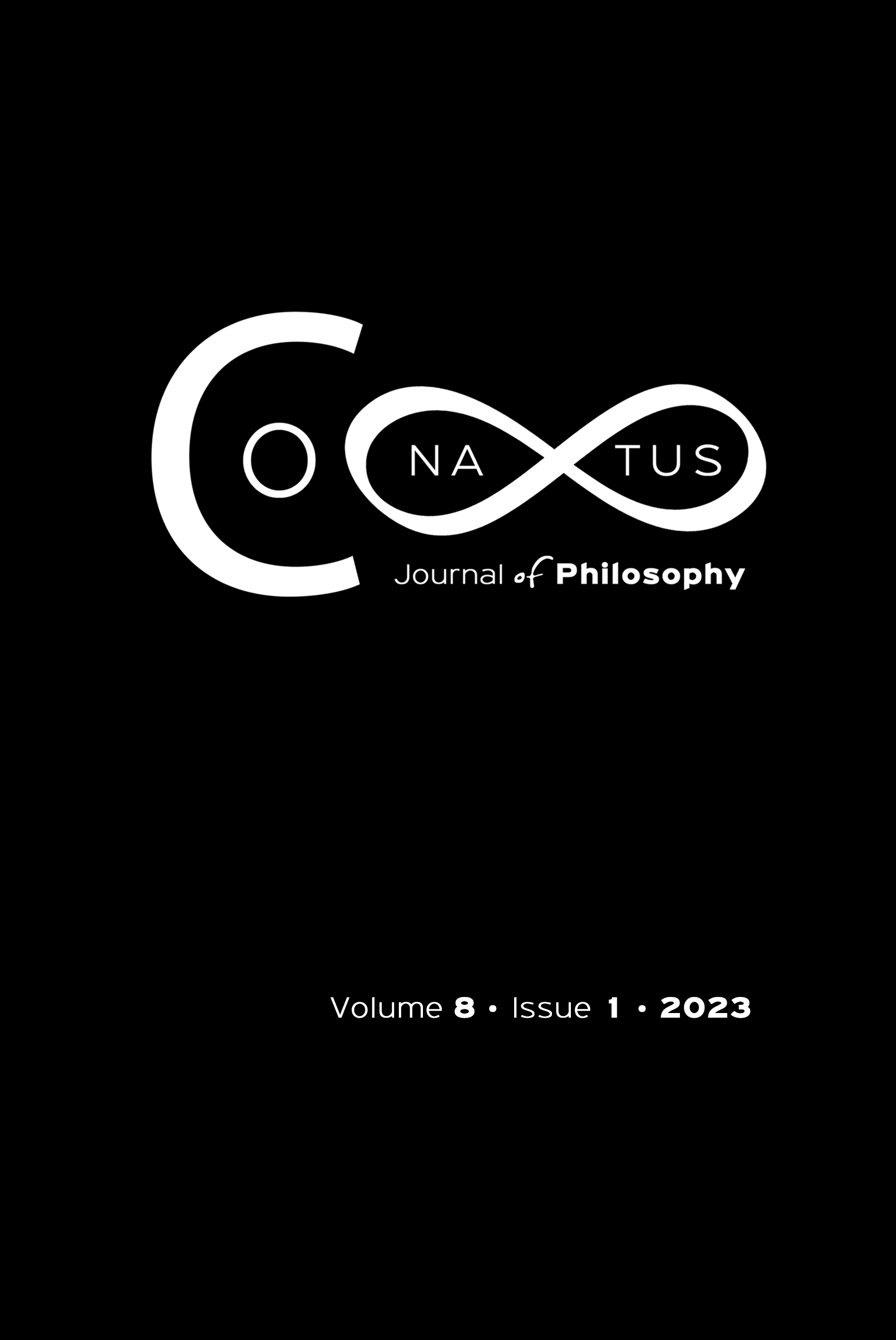To Be Human is to Be Better: A Discussion with Julian Savulescu

Abstract
In this paper, Julian Savulescu discusses humanity’s trajectory – past, present, and future. As the world undergoes relentless transformation driven by technological advancements, some pressing questions arise: Is it time to provide modern solutions to old problems such as discrimination, inequality, and crime? Should people retain absolute autonomy over their decisions, even in the case that their judgment may falter? What role is Artificial Intelligence going to play in our day-to-day lives, and how far could it go? This dialogue unveils a visionary blueprint for humanity, regarding how much could really be achieved with the help of technology, what are some of the difficult decisions we would have to make, and ultimately what would it look like if we tried to use the tools we have to actually create a society that values justice and equality above individual freedom.
Article Details
- How to Cite
-
Savulescu, J., & Giannopoulou, P. (2025). To Be Human is to Be Better: A Discussion with Julian Savulescu. Conatus - Journal of Philosophy, 10(1), 299–309. https://doi.org/10.12681/cjp.39904
- Section
- Discussion
- Categories

This work is licensed under a Creative Commons Attribution-NonCommercial 4.0 International License.
Authors who publish with this journal agree to the following terms:
Authors retain copyright and grant the journal right of first publication with the work simultaneously licensed under a Creative Commons Attribution Non-Commercial International License (CC BY-NC 4.0) that allows others to share the work with an acknowledgement of the work's authorship and initial publication in this journal.
Authors are able to enter into separate, additional contractual arrangements for the non-exclusive distribution of the journal's published version of the work (e.g. post it to an institutional repository or publish it in a book), with an acknowledgement of its initial publication in this journal.
Authors are permitted and encouraged to post their work online (preferably in institutional repositories or on their website) prior to and during the submission process, as it can lead to productive exchanges, as well as earlier and greater citation of published work.







